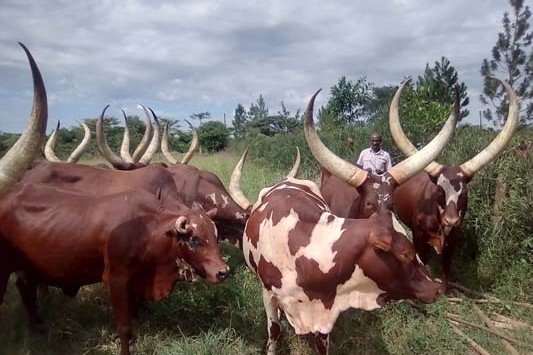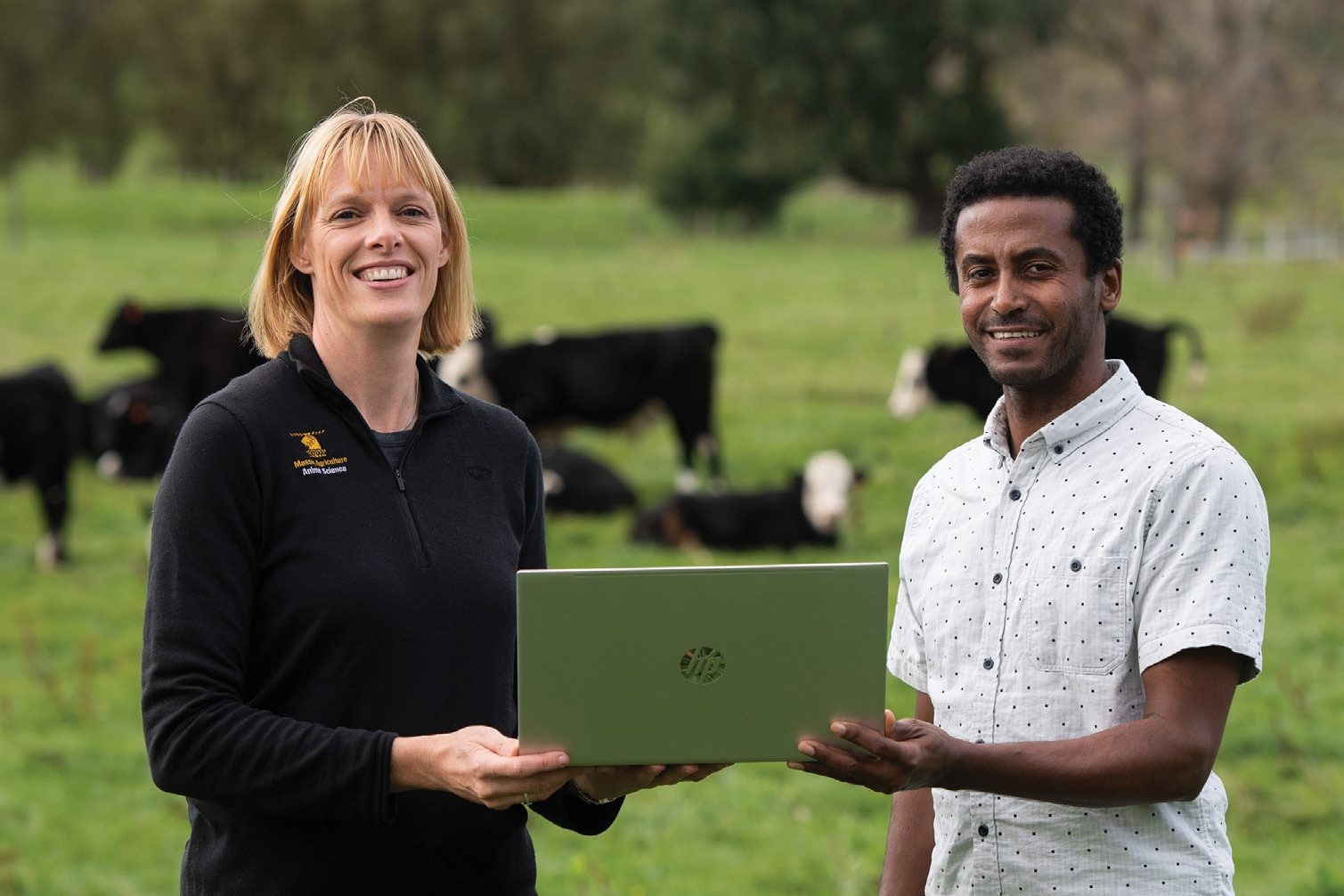By Sheryl Haitana
LIC sold 201,000 sexed semen straws last season, up from 110,000 the year before, 95% of which is fresh semen. LIC expects to sell 300,000 this season and up to 500,000 by 2025.
The increased appetite from farmers for sexed semen technology has several drivers, including improved herd genetics, reducing bobby calf numbers and the farms’ environmental footprint and the ending of live heifer exports.
The overwhelming key driver, however, is farmers’ desire to get heifer calves out of their top cows and improve their genetic gain, LIC general manager NZ markets Malcolm Ellis says.
“The good news story is that there is a lot of focus on the increase of genetic gain, which I think is really positive when you think about the peak cow mentality.”
Farmers are using the principle of selection pressure to identify the top 20% of their herd to mate to sexed semen, and mate the bottom 20% of the herd to beef, with a difference between those two groups of animals is in excess of 100 Breeding Worth (BW).
A lot of farmers are saying their BW is going through the roof because they are making better use of their top cows, Malcolm says.
“Straight away on every calf you’re getting at the top at expense of the bottom, is 50 BW. “When the national average rate of genetic gain is around 9-11 BW it puts it into perspective.”
Farmers putting a premium focus on the top end of their herd can put a more deliberate focus at the bottom end and can use short gestation length (SGL) dairy semen and SGL beef to get extra days in milk (DIM).
“One of the things we are noticing is that because the feeder calf market has been so fickle, we’ve sold a tremendous amount of extra SGL dairy semen this year, up 35,000 inseminations.”
Farmers using sexed semen means their absolute breeding expense has gone up, but the sexed semen is funded by the result of the breeding choices they can make, including SGL dairy and beef options.
“They are paying more for AB, but if they have a good plan out of what they can get for extra milk revenue or beef revenue, it makes it positive, and they get extra genetic gain.”
LIC has a dedicated sexed semen premier sires team for each breed, with 8-12 bulls in each breed, and the bulls are now of comparable BW team weighted average to other premier sire teams.
Farmers no longer have to select sexed semen from a B team of bulls, Malcolm says.
LIC works off a non-return rate for fresh sexed semen of -5%, and the early data this year is showing that is accurate.
“The difference between non return rates for fresh sexed semen vs fresh forward pack, was -4.7%.”
Farmers in general are using higher BW bulls to breed more efficient cows for the future, Malcolm says.
There has been significant growth in the use of the forward pack over daughter-proven premier sires.
“There has been a significant change over the last two to three years. Last year 58% of premier sire sales were to premium products (Forward pack and A2) and this year it went up to 68%.
“We are seeing significant growth. Farmers are taking the extra BW that’s on offer and that is able to be validated by tracking the performance of those bulls.”
To meet the increasing demand for sexed semen, LIC has a laboratory facility solely for the production of sexed semen and is working in collaboration with Sexing Technologies, a United States-based company contracted to sex-sort semen from LIC’s top dairy and beef artificial breeding bulls.
“Bringing Sexing Technologies onsite has made a massive difference.”
Expanding LIC’s capability in this area is part of being a responsible cooperative to be ready for any changes in the market, Malcolm says.
“If all of a sudden they take the bobby calf away as quickly as they took the plastic bags out of supermarkets, we’re going to need to be really ready.”
Globally, New Zealand is behind the world in the use of sexed semen.
“The EU has already strongly regulated the bobby calf aspect. This year, LIC will hardly sell a conventional straw up in the UK and Ireland, it will be all sexed.”
The advantage for Kiwi farmers is they have access to fresh sexed semen, rather than frozen, he says.





